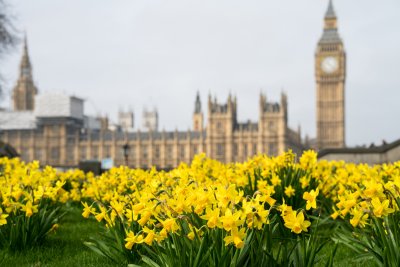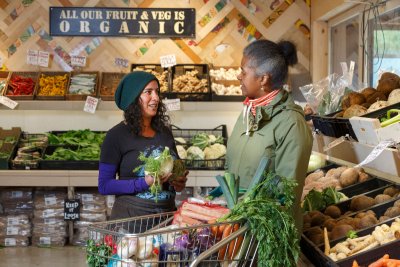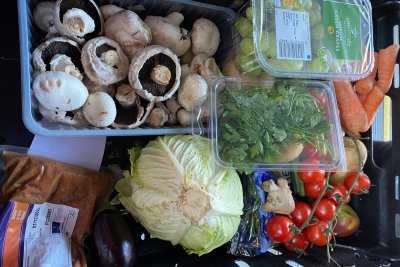A Labour government would rethink fishing quotas and set up new fund for sustainable fishing and farming
In a new environmental policy ‘The Green Transformation’, released yesterday, Labour set out bold new proposals for fishing as part of three key priorities; addressing climate change, air and water quality, and reversing biodiversity loss.
According to the paper, a Labour government would review the allocation of UK fishing quota to promote the most sustainable fishing and benefit the small-scale fleet. Whilst the statement does not give detail on how a new quota system would work, it could include using a proportion of available quota to reward switching to more sustainable gear, avoiding protected areas, taking part in scientific research, upgrading safety equipment, or fitting CCTV and vessel monitoring. A new system could also have built-in flexibility, allowing peer-to-peer exchange in order that boats can swap quotas to better align with their circumstances and react to unexpected abundance of a specific species or unexpected bycatch.
Funding and research
On funding, Labour would ‘Reconfigure funds for farming and fishing to support sustainable practices, smaller traders, local economies and community benefit, as well as establishing ‘a science innovation fund to promote the most sustainable forms of farming and fishing, with support earmarked for our small-scale fishing fleet’.
Ruth Westcott, coordinator of Sustainable Fish Cities at Sustain says
"Funding is a really important issue for fisheries: If marine ecosystems around the UK were allowed to recover we could sustainably increase revenue from fishing by 50%, but the transition must be adequately supported because there would need to be some short-term reduction in catches. The Government has just released an Agriculture Bill setting out proposals to pay farmers for 'public goods' through a series of grants and loans. Labour have not set out specific priorities for payments in this paper, nor the total amount that would be available, but there is no reason why our fishers shouldn't be paid to protect public assets as farmers will be."
Labour would also ensure that any future relationship with the EU ‘maintains and extends all environmental rights, standards and protections as a baseline, while introducing more ambitious domestic environmental policy than that guaranteed at the European level’. This comes amid allegations that Liam Fox is looking to use new ‘Henry VIII’ powers to alter standards for food and establishes a distinction between the parties on trade and food standards.
Vicki Hird, Farm Campaign Coordinator at Sustain, says
“Labour rightly have a strong focus to integrate farming and the environment in their manifesto and we support the call for public funds to deliver sustainable practices, smaller traders, local economies and community benefits - we look forward to the detail which we hope would include the need to deliver on public health outcomes too like obesity and animal welfare.
Farm support also needs to be matched with stronger regulation of markets so they play fair. We need Labour to support our call for effective regulation of the whole supply chain with strong enforcement and covering all sectors. And whilst we welcome the focus on dealing with the crisis of antibiotics use in farming we need Labour to replace their commitment for 'guidance' to new rules to ensure there is a reduction in use.”
Published Monday 24 September 2018
Sustainable Fish: A campaign to protect precious marine environments and fishing livelihoods, and call for fish to be bought from sustainable sources. We want to show what can be done if people and organisations make a concerted effort to change their buying habits.





